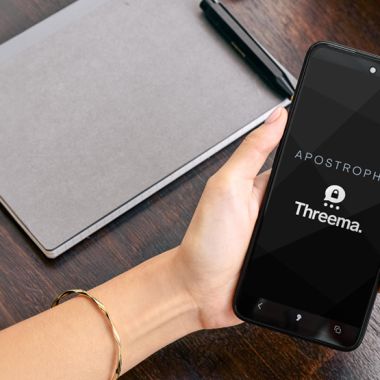
Christmas. A time to switch off.
What’s Christmas for? For some, it’s a religious festival. For others, it’s about shifting product. But for most of us, still, it’s somewhere in the middle: taking time out from our daily routine to be with friends and family, who are nowadays often pulled away from us – whether by migration or lifestyle.
Much has been written about the commercialisation of Christmas. But something must be added now about the atomisation of Christmas: the ‘alone together’ phenomenon. Isolated units of humanity sat around the blazing Yule log, each tapping away at a touchscreen, grazing for likes, being farmed by the algorithms, occasionally neighbouring each other in front of a widescreen.
Harsh, but here – as server time is booked for the Christmas internet surge. So maybe it’s time to think about de-mechanising Christmas, just a little bit? Finding a balance that really is what we want, rather than just taking what we’re given. All things in moderation.
A good example of this middle path is the land-line telephone. A classic single-use device. It sits there. Sometimes it rings, and then conveys the voice of someone who wants to talk to you. And it allows you to instigate the same. Otherwise, if you keep your phone number private, it doesn’t bother you. Compare that to internet-based alternatives like Skype and WhatsApp. These are much more virtual. They require you to continuously update your operating system and device – and can disappear at any time. This restless ephemerality is compounded by their general reliance on wifi and/or mobile phone connections, with all the vagaries of these. And the wider business model is based on accessing your consciousness and renting it to those who want to change it and will pay because they’re confident they can.
And all the while, the chances are that you and the person you are talking to are being smartphone-pestered by notifications before, after and perhaps during the call – each one a greedy cuckoo in the crowded nest that is your now open-access soul.
Compare that to going over there and picking up the land-line phone. You walk, you talk, you walk some more. The process has a beginning and an end. Unlike the always-on culture, pushing us to being permanently connected to everyone all the time and therefore no-one ever.
But it is possible to carve out a middle path, between ‘back to the stone age’ and ‘all change is progress’. In Orwell’s 1984, the comms devices have no on-off switch. How about yours? Maybe put it to use this Christmas?
And what happens, when we come off-screen? We return to the collective reality of ITRW. And how is it, that space around us? Is it beautiful? It needs to be, because our brains are hard-wired for seeing elegance, variance, dynamism. (And feeling, hearing, smelling, tasting these also.) We are built for living within the ordered chaos of the natural world. Now no longer in that stone age, refuseniks to the pixel addiction of the screen age, our path to beauty lies partly in how we furnish our lives. In other words, the things around us.
To return to the example of the land-line phone, we could simply buy the cheapest one available and leave it at that. Alternatively, we could invest in something classier, with better audio, that we will keep for many years: there are plenty on the market. Or go for the novelty option, for instance in the shape of a banana. Perhaps a retooled 1960s phone. We can stick with the cheap phone but pay a skilled artist to turn it into something astonishing. And if money’s tight, we can find a second-hand phone for free and customise it ourselves. The bottom line: the technology in our homes and places of work is often ugly, but there’s no good reason for that.
And no emoticon ever knew beauty, either. Texting and posting, the seemingly-efficient, automated interactions mediated by the corporations, can never be more than a stand-in for the real thing. So even if you adopt a buy nothing approach to Christmas, perhaps consider messaging a little less and calling a little more. And maybe check that those on-off switches haven’t stopped working through lack of use?


